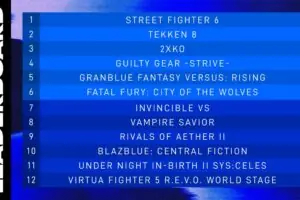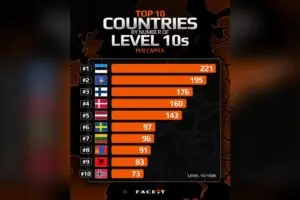Understatement of 2021 thus far: the professional scene for Counter-Strike: Global Offensive is somewhat off-kilter.
2020 saw the largest cheating scandal in professional Counter-Strike: Global Offensive (if not the esport world) that took multiple names of legend and soured them to the public with a permanent smirch: coaches using exploits to gain intelligence during matches and conveying that information to their roster in-game so they could maneuver to stop flanks and unconventional strategies.
We also had a stream-sniping problem within the professional scene that was so out of control that ESIC couldn’t punish anyone without ruining professional Counter-Strike for the length of whatever punishment was meted out.
It was far more than MIBR, although they were publically called out by Flashpoint for continuing to stream-snipe (watching a stream to gain intelligence of a match they’re playing in). Analysts have stated that so many teams were actively stream-sniping that to attempt to punish the teams for the actions would kill the CS:GO scene.
And while all of this is going on, there is still the unresolved issue of match-fixing within the Mountain Dew League of tier-3/4 of Counter-Strike where those that hoped to one day compete with the best opted instead to try to find a quick paycheck before shifting over to Riot’s newest shooter, Valorant, which multiple icons of CS:GO have shifted to.
Tumultuous times, indeed.
So when the owner of Envy, Mike Rufail, stated on Twitter that buying into the professional Counter-Strike scene at the moment is akin to lighting money on fire, the responses were mixed. Many found offense, as CS:GO has been a staple of esports for the past near-decade, but it’s difficult to claim that he was wrong with the current scene being as unstable as it is; organizations have left the title specifically due to how messy the scene is right now.
The General Manager for Triumph Gaming, however, disagreed, citing their victories in 2020 alone while noting that they managed to ‘virtually’ broke even, even with the pandemic crushing organizations across the world.
Frankly, both parties have a point: no one can deny that CS:GO is built atop shaky ground that has recently been unveiled as the pandemic shifted games to online play, and Valve remains ever-silent about the multitude of issues that have been uncovered.
That being said, it’s Counter-Strike: there have been iffy releases prior fromValve for the franchise, but the adage of ‘one more match’ echoes true for millions of players around the world. With organizations placing new personalities into the limelight constantly, there should be no shortage of upcoming play as long as all parties can remove their head from their fourth point of contact.





